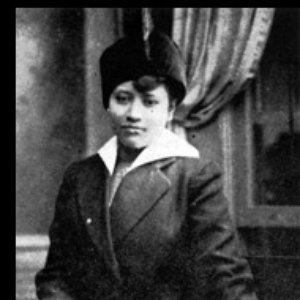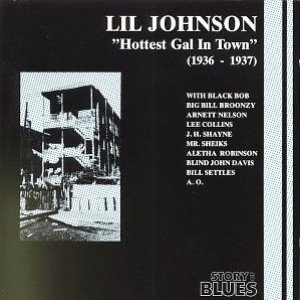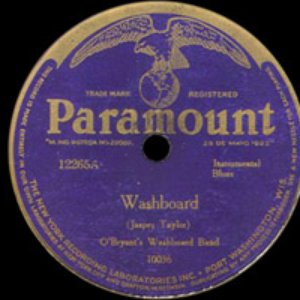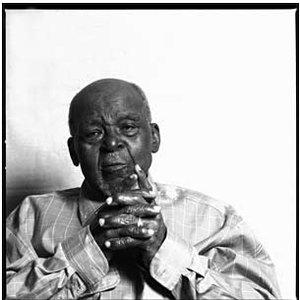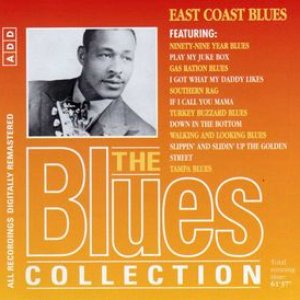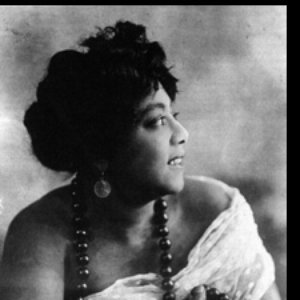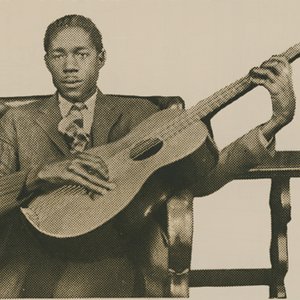Biography
Lottie Kimbrough was born in 1900 in Kansas City, MO. She was one of Kansas City’s best known classic blues singers in 1920’s. She recorded extensively during the period under a variety of pseudonyms for a variety of labels. She started in the early 20’s singing in the city’s red light clubs and bordellos. In 1925 she recorded, using the name Lottie Beaman, her first records for Para-mount, followed by sessions for the Kansas City based Merrit Records. This label was owned by Winston Holmes, who often sang with Kimbrough. Some of Kimbroughs songs were Merrit’s best selling records. In the mid- and late 20’s Kimbrough also recorded for Gennett, using her own name. Under different other names she also recorded for Champion, Supertone and Superior.
By 1930 Kimbrough had disappeared from the Kansas City blues scene.
“I’m going to build me a mansion, out on Dago Hill (twice), where I can get whiskey right from the still,” sang Luella Miller, fantasising that she would be wealthy enough to live with the St. Louis elite. There’s not much to suggest that she achieved her ambition though, and after a few sessions she seems to have disappeared into obscurity. Unfortunately, her records have been less well known to the jazz and blues collecting public in the past than those to say, Edith Johnson or Victoria Spivey, her contemporaries, in St. Louis at the time. It has been suggested that she came from Texas, perhaps because of her moaning style. Luella Miller was never mentioned by Victoria Spivey, also a St. Louis contemporary.
Luella’s Blues are largely about her “sweet papa” and his break with her. She seems to have been an amateur rather than a professional. Luella is an ingenuous approach, the blues of an innocent in performance of not in content. In fact, as far as content is concerned her rather sombre, moaning blues are deceptive, for they are often lyrically interesting.
She has a nice turn of phrase in her stanzas; complaining that her mom had been “blind and could not see; when I quit you pretty papa, don’t sing your blues to me!”
Artist descriptions on Last.fm are editable by everyone. Feel free to contribute!
All user-contributed text on this page is available under the Creative Commons Attribution-ShareAlike License; additional terms may apply.

